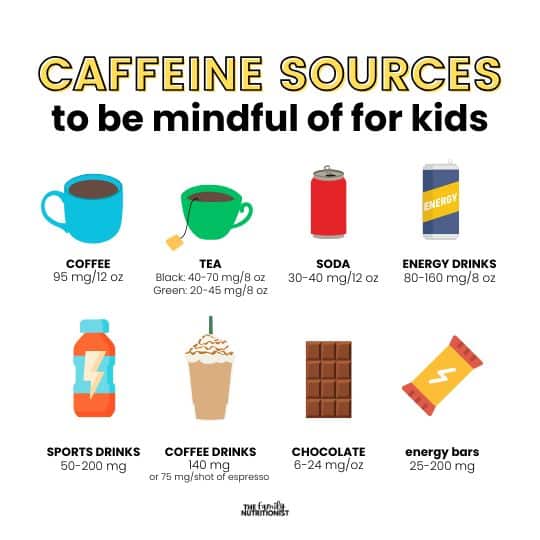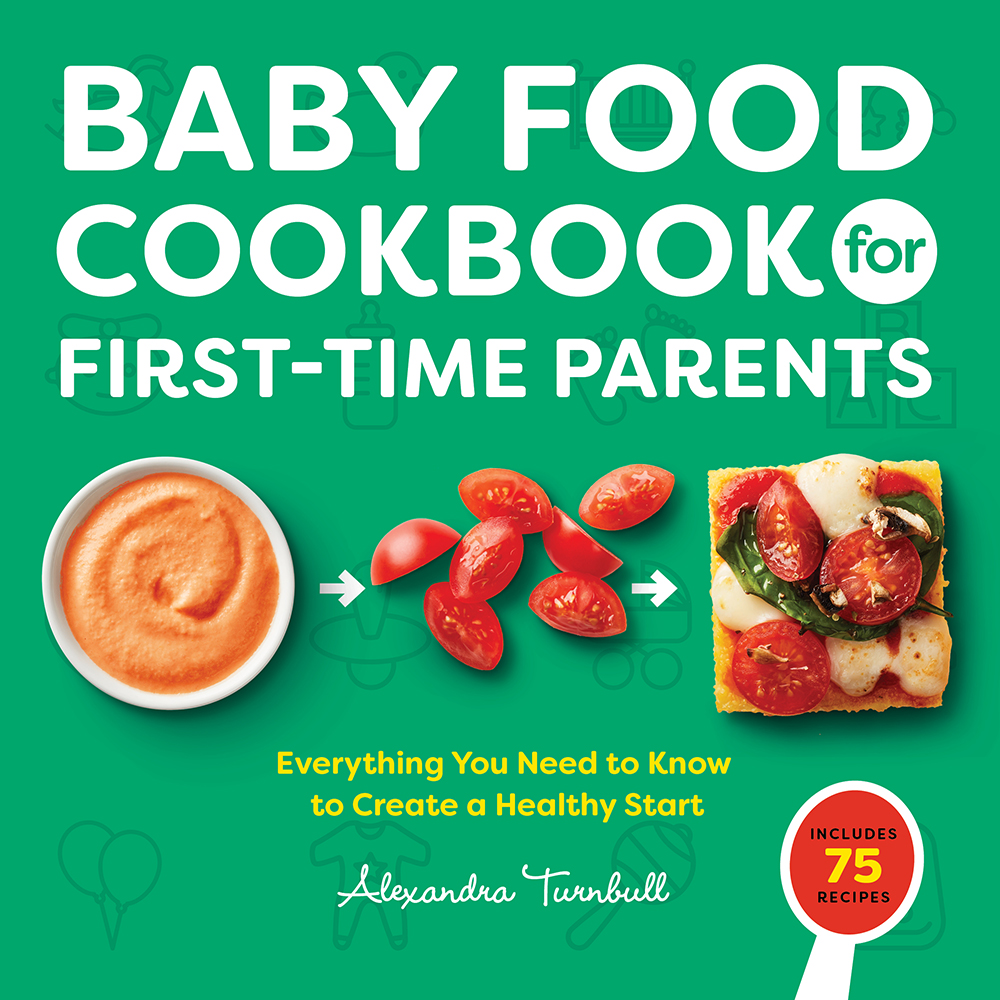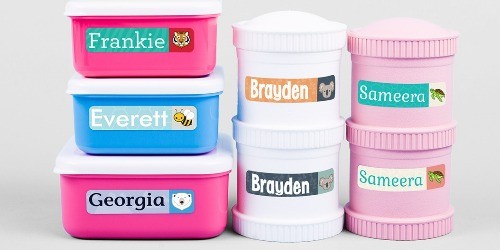
This post may contain affiliate links. Read our disclosure here.
As a mom, it’s natural to want the best for your child’s health and development. You might have heard that caffeine—whether from coffee, tea, or soda—could stunt your child’s growth. And let’s be real: who doesn’t love a good cup of coffee to get through the day? But before you start panic-banning your kids from their beloved chocolate milk or heaven forbid their juice boxes, let’s dive into what the research actually says about caffeine for kids regarding their growth and development.
Table of Contents
Does Caffeine for Kids Stunt Growth?
Good news, mom: No, caffeine does not stunt growth. Growth is mainly determined by genetics, nutrition, and overall health—not by what’s in your morning latte. Research hasn’t found significant evidence linking caffeine intake to impaired growth or height in children.
But, (and here’s the fine print) moderation is key. Caffeine doesn’t stunt growth, but it can cause some other effects that you might want to keep an eye on. We’ll break those down for you, so you’re armed with knowledge and ready to face the day – with your coffee in hand.
The Link Between Caffeine and Calcium
The myth is that caffeine for kids interferes with calcium absorption and that this could impact bone health.
The truth? The impact is minimal. While caffeine can cause a tiny bit more calcium to be flushed out through urine, the effect is so small that it doesn’t pose any significant risk—unless your child is drinking five cups of coffee a day (and let’s be honest, we’d all be a bit more concerned about their sleep habits at that point).
A study published in the Journal of Nutrition (2002) found that caffeine does cause small calcium loss, but that it can be easily managed with adequate calcium intake. And if your child is consuming calcium-rich foods like dairy or fortified plant-based alternatives, you’re all set. Another study published in 2023 confirmed there’s no real risk to bone density from caffeine—so no need to worry about your kid shrinking.
What Research Really Says
Most research says caffeine doesn’t stunt growth, but there are still a few things for parents to be mindful of. Let’s look at some of the potential side effects of too much caffeine:
Sleep Disruption
Caffeine, as a stimulant, can interfere with sleep when consumed too close to bedtime. Poor sleep can indirectly affect growth and development, as rest is essential for kids’ overall health. Limiting caffeine intake later in the day is key.
Potential Behavioral Effects
Too much caffeine may cause restlessness, irritability, and mood swings in children. These effects can mimic the highs and lows of a sugar rush but are often more intense. Check out more insights in this study on caffeine and behavior.
Bone Health
Caffeine can slightly increase calcium loss, but the effect is minimal and doesn’t harm bone density if kids consume adequate calcium through dairy or fortified alternatives. A study in the Journal of Nutrition confirms that the impact is negligible with a balanced diet.
How Much Caffeine Are Kids Consuming?
Caffeine isn’t just hiding in coffee cups—it’s in sodas, energy drinks, chocolate, and even some snacks. And while caffeine consumption might feel like an “adult” problem, many kids are consuming it regularly.
According to a study published by the American Academy of Pediatrics, about 73% of children and adolescents consume caffeine daily.
Caffeine Content in Common Foods and Drinks

Here’s how much caffeine is in popular kid-friendly items:
- Coffee (12 oz): 95 mg
- Cold Brew Coffee (8 oz): 150-200 mg
- Caramel Frappuccino (16 oz): 140 mg
- Cola (12 oz can): 30-40 mg
- Energy Drinks (8 oz): 80-160 mg
- Sports Drinks: (16 oz): 50-200mg depending on the beverage
- Chocolate (1 oz): 6-24 mg depending on type (milk vs. dark)
- Chocolate Milk (8 oz): 2–7 mg, depending on the brand
- Hot Chocolate (8 oz): 5-7 mg
- Energy Bars: 25-200 mg depending on the bar
- Tea (8 oz):
- Black Tea: 40-70 mg
- Green Tea: 20-45 mg
- Herbal Tea: 0 mg
How Much Caffeine for Kids Is Safe?
The American Academy of Pediatrics (AAP) advises:
- Children under 12 should avoid caffeine entirely.
- Adolescents (12–18 years) should limit caffeine intake to 100 mg/day or less—about the amount in a small cup of coffee.
The AAP says no caffeine for kids under 12, but let’s be real—an occasional soda, chocolate bar, or chocolate milk isn’t going to ruin everything. It’s all about balance! So if your little one enjoys a treat now and then, don’t stress. Just keep it in moderation, and you’re good to go!
Why It Matters
Even small amounts of caffeine for kids can have a greater impact than it would for adults, as their smaller bodies metabolize it differently. Excessive caffeine can cause:
- Increased heart rate and blood pressure
- Behavioral effects
- Sleep disruptions
- Restlessness or anxiety
Parents should watch for signs like hyperactivity, irritability, or difficulty falling asleep, which could indicate too much caffeine for kids.
By keeping track of hidden sources and encouraging moderation, you can help your kids enjoy occasional treats while staying healthy and well-rested.
A Note About Chocolate Milk
Okay, now here’s the real burning question: What about chocolate milk? It’s delicious, and your kid probably drinks it daily (especially when they’re pretending it’s a milkshake). While chocolate milk does contain some caffeine, it’s not much compared to coffee or soda. A typical 8 oz serving of chocolate milk contains around 2-7 mg of caffeine, depending on the amount of chocolate used. So, while it’s not caffeine-free, it’s really not enough to get them buzzing like they’ve just finished a cup of espresso.
But here’s the thing: chocolate milk does contain added sugar, so it’s still something to monitor. A little chocolate milk here and there? Totally fine. But if it’s part of their daily routine, just remember to balance it with other low-sugar drinks.
Quick Tips for Parents to Limit Caffeine for Kids
- Know Hidden Sources: Caffeine isn’t just in coffee—check labels on sodas, energy drinks, teas, and even chocolate.
- Offer Decaf Alternatives: Swap caffeinated drinks for decaf tea, fruit-infused water, or sparkling water.
- Time It Right: Serve caffeine earlier in the day to avoid sleep disruption—ideally before 3 PM.
- Swap Out Soda: Replace sodas with flavored water, 100% fruit juice, or milk.
- Monitor Chocolate: Limit chocolate milk or mix it with regular milk to reduce caffeine.
- Educate Your Kids: Explain caffeine’s effects on energy and sleep in a simple way.
- Be a Role Model: Choose water or caffeine-free drinks to set a positive example.
- Gradual Changes: Reduce caffeine intake slowly to avoid withdrawal symptoms.
These simple strategies can help keep your child’s caffeine consumption in check without cutting out all the fun!
Conclusion: No Need for Worry, Just Moderation
While caffeine doesn’t stunt your child’s growth, keeping it in check is still important. Caffeine for kids can mess with sleep, behavior, and even calcium absorption if consumed in excess. Moderation and balance are key.
Focus on providing your child with a nutrient-rich diet, plenty of water, and other healthy habits to support their growth and development. If you’re ever in doubt, don’t hesitate to reach out to a pediatrician or dietitian for personalized advice.





